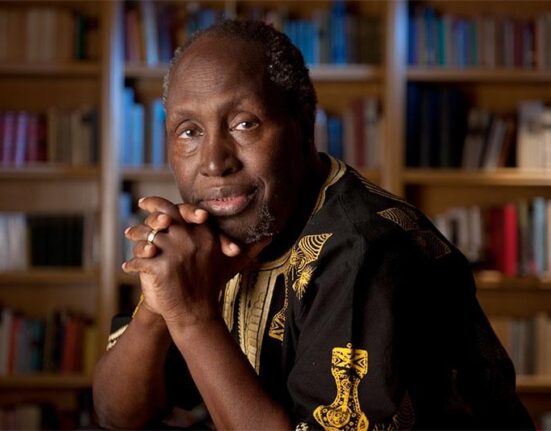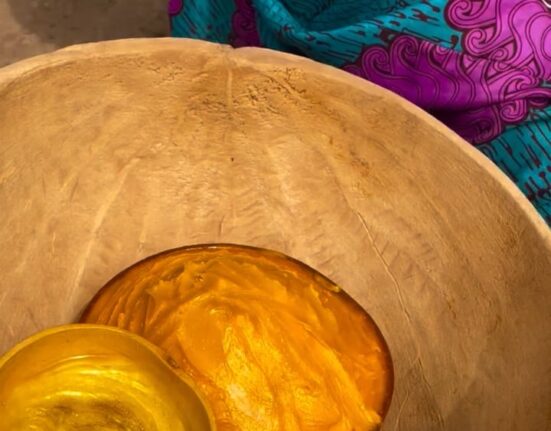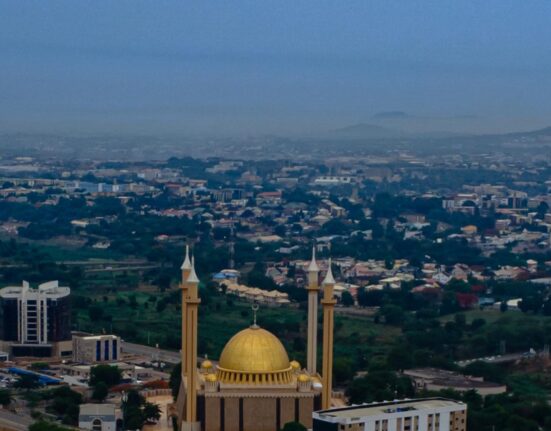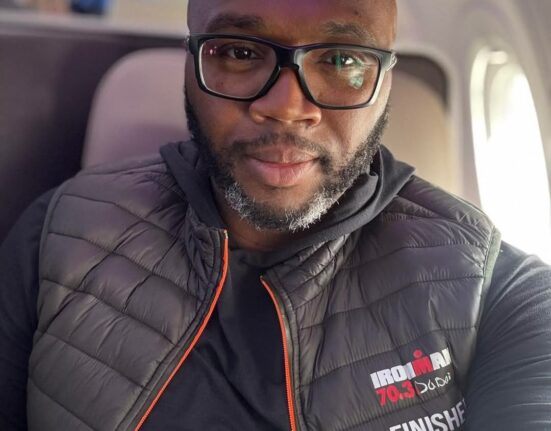In the heart of African communities, a beautiful tradition thrives where elders are revered and cherished, embodying a profound sense of interconnectedness and wisdom that transcends generations. Unlike in many Western societies where aging can sometimes be associated with isolation and neglect, in Africa, elders are not cast aside but rather remain integral to the fabric of family and community life. They are the pillars of strength, the reservoirs of knowledge, and the custodians of traditions that have been passed down through centuries.
The essence of traditional African self-care lies in the deep-rooted respect and value placed on the elderly members of society. These revered individuals play a pivotal role in nurturing the younger generation, not only through their physical care but also by imparting invaluable life lessons that cannot be found in any textbook. Their presence brings a sense of continuity, stability, and guidance that is essential for the holistic well-being of the community as a whole.
“In African culture, elders are the living libraries of our history, culture, and traditions. Their wisdom is a beacon that lights our path forward.”
Through their stories, anecdotes, and lived experiences, elders pass on a wealth of knowledge that encompasses everything from survival skills to moral values, from cultural practices to spiritual insights. They are the storytellers who weave the tapestry of the community’s collective memory, preserving the essence of the past and illuminating the path to the future. In a world that is constantly evolving, their role as custodians of heritage becomes even more crucial in maintaining a sense of identity and belonging.
“The presence of elders in African society is not just a matter of tradition; it is a testament to the enduring value of intergenerational relationships and the wisdom that comes with age.”
Beyond the familial sphere, the significance of elders extends to the broader community, where their counsel is sought in matters of conflict resolution, decision-making, and governance. Their impartiality, integrity, and experience make them natural arbitrators and mediators, capable of offering insights that transcend personal interests and reflect the collective good. In a world that is increasingly fragmented and polarized, their role as peacemakers and unifiers is more vital than ever.
“The presence of elders in our communities serves as a reminder of the importance of honoring our roots, respecting our past, and embracing the diversity of voices that enrich our collective experience.”
The tradition of honoring and cherishing elders in African societies not only fosters a sense of continuity and cohesion but also embodies a profound philosophy of interconnectedness and mutual respect. It underscores the intrinsic worth of every individual, regardless of age or status, and emphasizes the interconnectedness of past, present, and future. In a world that often prioritizes youth and novelty, this tradition serves as a poignant reminder of the enduring value of experience, wisdom, and legacy.
As we navigate the complexities of modern life, with its rapid pace of change and relentless pursuit of progress, the traditional African approach to self-care offers a timeless lesson in the importance of honoring our roots, respecting our elders, and embracing the wisdom that comes with age. It reminds us that true well-being is not just about physical health or material wealth but also about spiritual fulfillment, emotional resilience, and social harmony. In a society that is constantly searching for quick fixes and instant gratification, the enduring wisdom of African traditions beckons us to pause, reflect, and reconnect with the timeless values that have sustained communities for generations.
In conclusion, the tradition of valuing and honoring elders in African societies embodies a profound philosophy of self-care that transcends individual well-being to encompass the holistic health of communities and the continuity of traditions. By cherishing the wisdom, experience, and guidance of the older generation, African societies not only ensure a sense of continuity and stability but also embody a deep-seated respect for the interconnectedness of past, present, and future. As we navigate the complexities of a rapidly changing world, the lessons of traditional African self-care remind us of the enduring value of intergenerational relationships, the wisdom that comes with age, and the importance of nurturing a sense of community that transcends time and boundaries.









Leave feedback about this